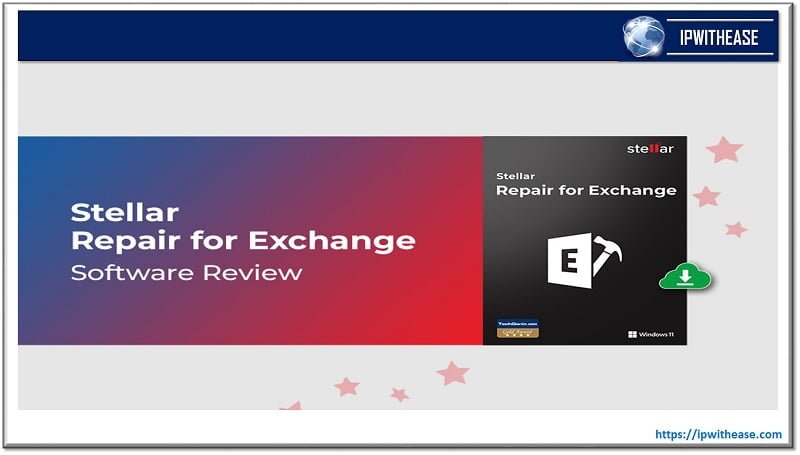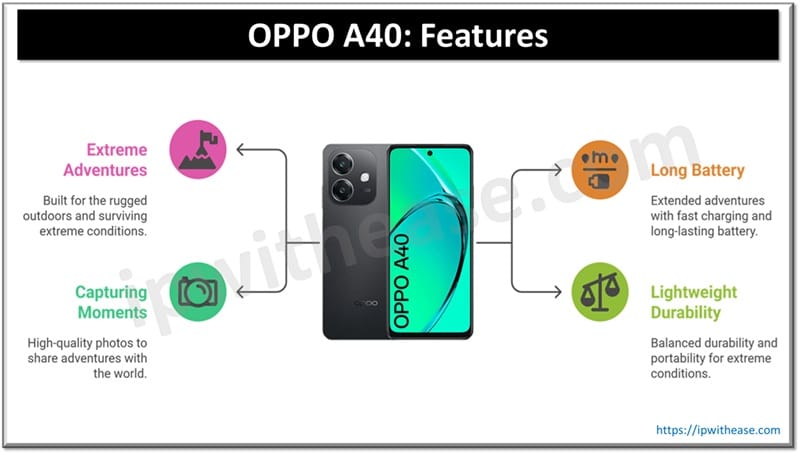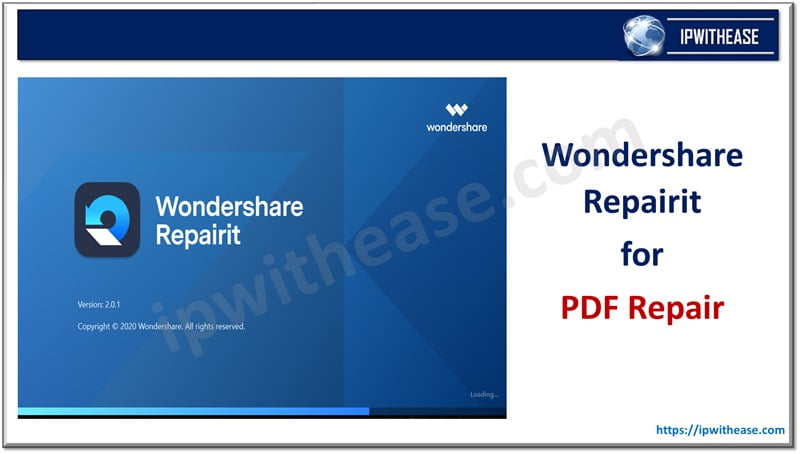Table of Contents
Medical centers typically house a substantial quantity of expensive assets and pieces of equipment, and with the advancement of technology, the healthcare sector as a whole is benefiting. Many hospitals and other medical centers still rely on manual asset management. Manual asset management is more time-consuming and complicated than its automated counterpart. Healthcare organizations have a lot of resources and stock to keep track of. CMMS software is useful in this context.
What is CMMS Software for Healthcare?
Asset management is handled with the aid of a computerized maintenance management system (CMMS) solution. Using a CMMS, healthcare facilities and service providers may see the whole picture in terms of assets, maintenance, requests for service, and asset documentation.
A healthcare-specific CMMS will have a deeper comprehension of the advantages and difficulties of asset management in the healthcare industry. Preventive maintenance, extending the life of medical equipment, and reducing the burden of regulatory compliance are all objectives of a healthcare-specific CMMS.
CMMS Compliance in Healthcare Facility
To manage preventive maintenance of all medical equipment, reduce the risk of equipment failure, and provide analytics, CMMS plays a crucial role.
When compared to other sectors, healthcare stands alone in the absolute necessity of meticulously upholding all medical equipment, assets, and devices. Medical devices, especially those in the high-risk and high-device class categories like defibrillators and ventilators, require stringent maintenance protocols.
Different regulations, such as the Global Medical Device Nomenclature (GMDN), the European Database on Medical Devices (EUDAMED), the European Medical Device Regulation (MDR), and Unique Device Identification (UDI), must be met depending on your location.
Benefits of CMMS Software for Healthcare Facilities
1. Track Maintenance
There is a lot of sophisticated machinery in hospitals that need regular maintenance. Having critical surgical tools fail during a procedure is a nightmare for any surgeon, which is why routine maintenance is essential.
CMMS programs guarantee that all assets are serviced regularly. This program allows the staff to clean and sterilize surgical tools in a timely manner with minimal effort. Moreover, CMMS software enables you to keep track of which assets have been serviced and on what dates.
2. Asset Monitoring
Assets at hospitals can take the form of anything from machines and tools to the people who use them. Patient’s health is monitored via asset tracking strategies like Barcode and RFID bracelets. Which allows for constant monitoring of patients in real-time. Medication administration for patients can be planned so that doctors and nurses know who will be taking what and when.
With advanced asset tracking systems, hospitals can efficiently manage their inventory, ensuring that critical equipment is always available when needed. Additionally, asset tracking enhances the accuracy of patient records, reducing the risk of errors in treatment and medication administration.
3. Simplified Auditing and Compliance
The healthcare industry, like any other, must follow laws and guidelines set forth by the government. Compliance can be easier to reach with the use of CMMS software, particularly in regard to the condition and upkeep of monitored assets.
When an organization’s assets are dispersed, valuable time is spent on auditing processes. However, using this program, audits may be completed rapidly and with minimal effort. It is essential that the medical services department maintains peak performance during audits. For audits and reviews conducted throughout the year, CMMS is useful for compiling all the necessary data and generating precise reports.
4. Reliable Stats & Reports
CMMS offers critical asset and equipment data and information. How is the asset performing? and other similar questions can be answered by looking at this data. It will allow you to get data useful for enhancing the efficiency of your assets. A patient’s health can also be tracked and used to inform treatment decisions. In addition, reports help find bottlenecks, which can then be addressed and resolved.
5. Security
When tools and machinery are properly cared for, they protect the entire crew. The inefficiency or emission of harmful gasses from some machinery poses a safety risk to those around it. It is in everyone’s best interest to have a safe working environment, so timely and routine maintenance is crucial.
Healthcare CMMS: 9 Questions to ask
If your company is in the healthcare industry and you’re looking for a CMMS provider, your top priority should be locating a program that precisely addresses your needs. Before you make a purchase, think about the following issues:
- How well does the CMMS software solution address the requirements of the healthcare market?
- Does the vendor often update their CMMS system?
- Is there room for expansion in the pricing plan?
- Does the provider offer comprehensive technical support?
- Will the vendor supply us with sufficient resources for training?
- Is there a different deployment option?
- The data must be transferred, right?
- Can the solution be customized?
- How long is the implementation time?
Continue Reading
Cybersecurity in Healthcare Sector
HIPAA Compliance & IT Infrastructure
ABOUT THE AUTHOR
IPwithease is aimed at sharing knowledge across varied domains like Network, Security, Virtualization, Software, Wireless, etc.



